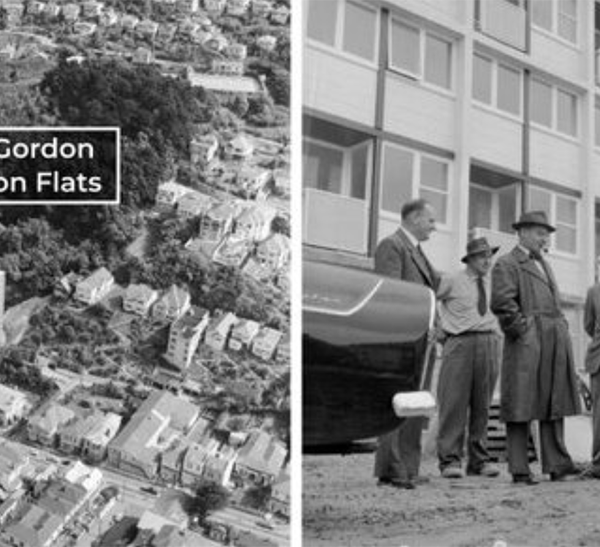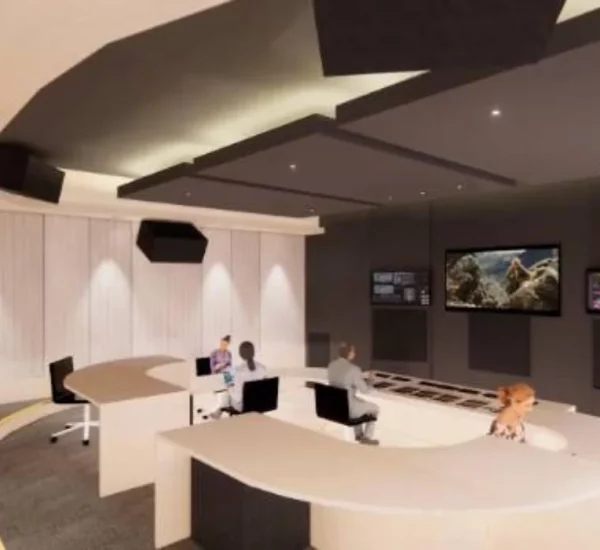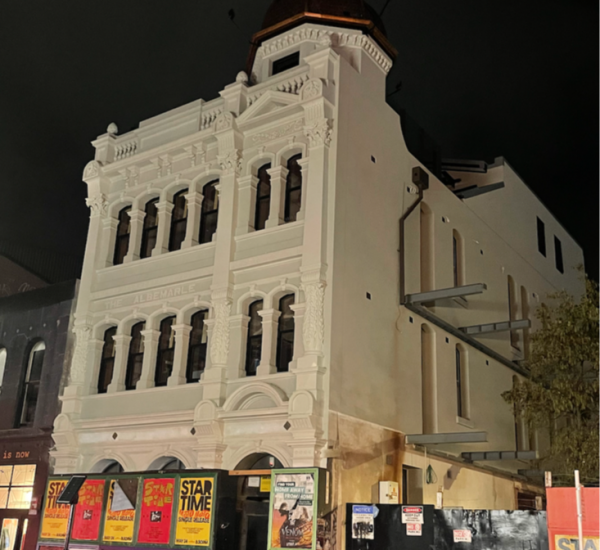Following on from the No Affordable Housing post, this is perhaps a somewhat provocative stance, yet it is one that I shall endeavour to put forward in a series of broadly sweeping generalizations such as: As far as I am aware, give or take a handful of people in Cuba Mall, or under Grafton Bridge, there is no shortage of housing in New Zealand. There is a house or apartment for at least every family in the country. There is even a number of homes sitting empty, mostly by the sea. There are no favelas full of homeless people converting rainforest into liebensraum, at least not in this country.
But there is a housing problem – and that problem is that while there are plenty of houses, someone else owns them right now. It is the second and third homes owned by the middle-aged, middle classes that are taking the opportunity away from those who want to buy their own. It is a classic bubble that is driven by the baby-boomers born in the years after the Second World War, and as such is part of a world-wide phenomena, rather than just a New Zealand problem. In the 1980s and 90s the baby boomers were owning shares, and there was a massive boom in the share markets, driving share prices up in a self-fulfilling prophecy. Post 2000, the boomers have been pumping their money into property, buying up second and third homes to help fund their retirement. And good on them too, they’ve worked hard, and need income to support them in their retirement. Trouble is, it’s at the expense of someone else’s home buying dream.
However, all is not lost. In the same way that those that live by the market, die by the market, there is a simple answer to the problem. The “laws” of supply and demand dictate that if the owning of second homes was made less attractive, then second homes would be sold off, back into the supply pool for your own-your-own-home. More homes available equals less pressure on prices, and so therefore more affordable homes become available. The political trick of course is to lower the price of the second homes, while leaving the value of first homes untouched. A tax on second homes has been dubbed political suicide, which is why neither Labour nor National are putting up their hands for such an approach, despite being the obvious answer. And yes, an immediate imposition of a 10 or 20% tax on second homes would have a catastrophic effect on both property values and votes. But what if there was a more subtle approach?
A gradually increasing tax on second homes would skew the market away from residential double dipping, and have the gradual effect of moving home ownership back into the hands of the home dwellers. Instead of taxing the capital gain as you sell (thereby encouraging the owner not to sell at all), a tax on the value of second homes – that went up, say, based on the length of time the second home had been owned – would soon have a useful effect. Coupled with that is the likelihood that the baby boomers will want to sell off their excess houses at some time soon, as they start to move into retirement villages and spend their nest eggs on healthcare and funeral homes. Or let them buy commercial real estate instead. Again, its not going to happen overnight, but the effect will be the same: more houses coming onto the market.
So, while there is a problem right now, a few years down the track there could be a glut of property on the market, with lower prices to match. Gen Y will have this opportunity handed to them on a plate. Unfortunately for Gen X, in the short term at least, as usual, you’re completely stuffed.




By “second homes”, do you mean holiday homes or rental properties? If the former, then it won’t help people into homes, since the holiday homes aren’t usually useful as primary homes: I want a place in town, not at Castlepoint or Waikanae. If the latter, then won’t it reduce the pool of rental properties for those who _want_ to rent?
Rent Boy, (curious name… …and your profession is…?)
I’m just talking about rental properties here, although of course there are a number of the other as well.
The market, great self-correcting mechanism that it is (its been in a stage of Pre-correction, apparently), will even out the rental vs buying market. That goes back to my opening paragraph of the Affordable post – we are, allegedly, a nation who desires to buy.
Picket fence optional.
For a thinking person there is nothing provocative about your thesis that there is no shortage of housing.It’s a question od distribution. Beyond the release of “investment properties” another factor likely to increase supply for would-be home owners is the slowing of migration. And of-course a reduction in income tax rates should reduce the tax advantages of rental properties.
Seems like the perfect place to post a link to this article from an influential american source:
http://www.theonion.com/content/news/report_nations_gentrified
Shocking. Truly shocking.
For a thinking person there is nothing provocative about your thesis that there is no shortage of housing.It's a question od distribution. Beyond the release of “investment properties” another factor likely to increase supply for would-be home owners is the slowing of migration. And of-course a reduction in income tax rates should reduce the tax advantages of rental properties.